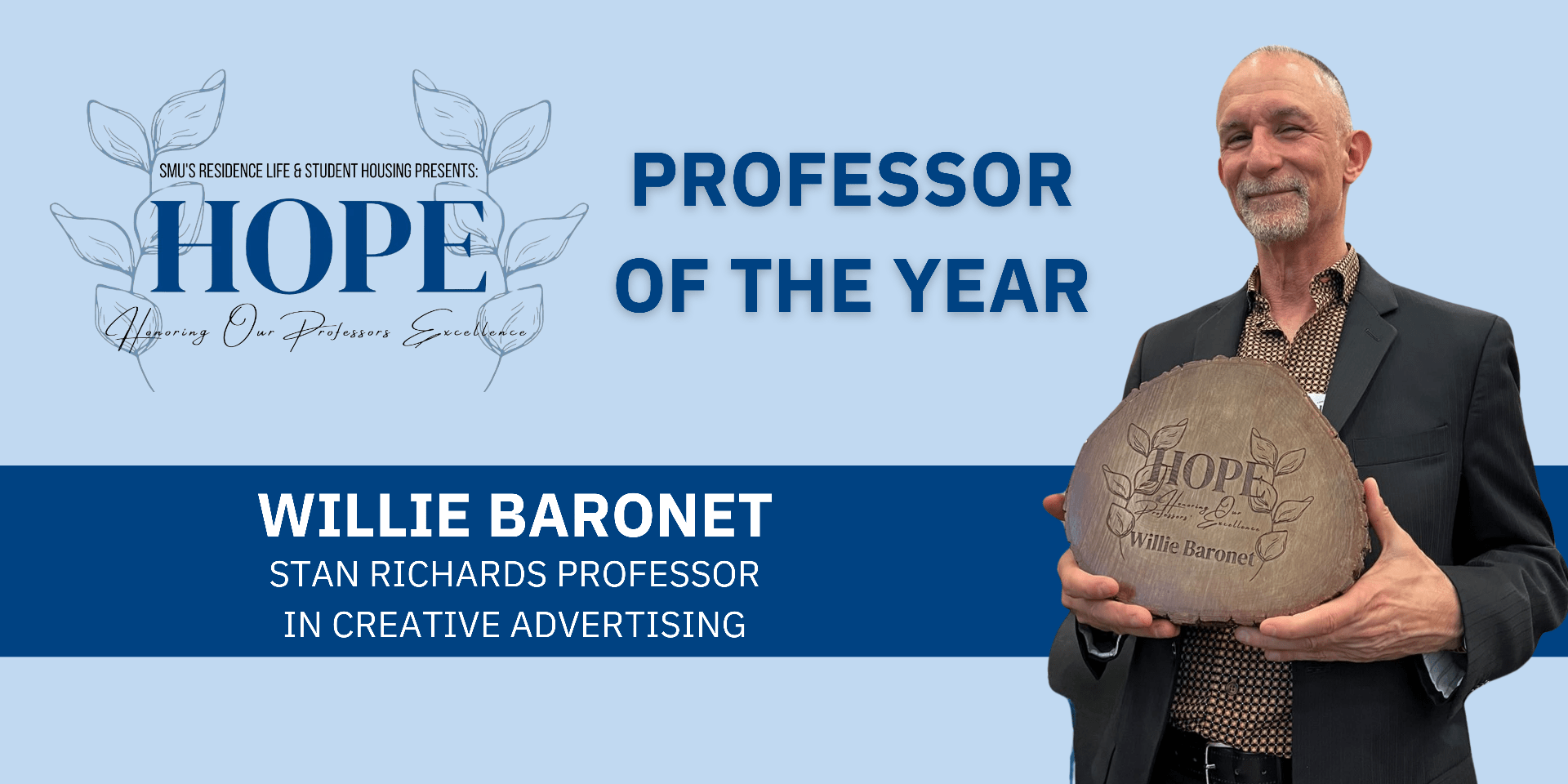From April 25 to May 1, several of our students had the opportunity to tour and network with some of the world’s leading advertising companies during this year’s TAI creative NYC trip which serves as a discovery class. Dr. Mark Allen and Professor Willie Baronet planned and led graduate and undergraduate students in this unique immersive advertising experience.
“As always it was an inspiring and productive time in New York where we took our students to some of the best agencies in the world. Watching them meet our alums and seeing the amazing work they are producing is always a magical experience for me. This year we visited Anomaly, Ogilvy, Momentum, Walrus, NBC Universal, Kenneth Cole Studios, Translation and more!” – Willie Baronet
The first stop on the tour was Johannes Leonardo, a creative firm that encourages customer involvement on behalf of companies. TAI alum Tessa Conti gave us a tour of the distinctive JL church-style facility and updated us about her work with clients including Adidas, Amazon, and Kraft. Later on in the day, we went to Translation with Kaleb Mulugeta, a TAI graduate, and had breathtaking views of the Brooklyn Bridge. AdAge has named Translation the 2022 Agency of the Year and included it on their Agency A-List.
We began our Friday morning at Kenneth Cole Studios, where Maria Cuomo gave us a tour of the facility and shared some of Kenneth Cole’s advice. Despite being a fashion business, we learned about in-house advertising and the brand’s deliberate adherence to its identity. Amol Rana gave us a fascinating tour of Google and displayed some of his YouTube commercials. We had the opportunity to speak with several alumni for a Q&A session at the end of the week, during which we asked them questions regarding their post-college and professional lives and received some incredible advice.
The plan for the weekend was to visit Central Park, see shows on Broadway, and visit museums like the Whitney and MOMA in order to thoroughly immerse oneself in NYC life.
On Monday, we had a great start to the week by going to Momentum Worldwide, here they served us NY way. We learned everything there is to know about experimental advertising, which is the practice of leveraging technology to improve the human experience while creating memories for brands. Former TAI alumni Jordan Chlapecka and Allie Hartman talked about their experiences working with companies like Verizon, Nike, Coke, and AMEX. Next, we visited Ogilvy, where we met up with Helen Rieger and Morgan Hoff, two former SMU students. They were able to demonstrate several projects they had completed for Verizon, Nationwide, and Coca-Cola, but they also gave us advice on how to approach uncertain circumstances proactively when things could change unexpectedly. Deacon Webster’s Walrus was the final agency visit of the day, during which he explained his strategy of being calculating but yet humorous. We concluded Monday night with the senior dinner, where Willie and Mark gave inspirational speeches and many of us shed tears as our seniors begin a new chapter in their life.
On our last day, we began with a visit of the SNL and Jimmy Fallon sets at NBCUniversal. Michael Reidy, an SMU alum, welcomed us with breakfast before the panel discussion began. The panelists stressed that while our creativity will make us stand out, we must also enter this phase of our life with passion and resiliency. Eric Damassa led the final agency visit of the trip, which was Anomoly. Anomoly strives to cooperate with companies like eos, Ranch Water, and Obie that align with its mission. We concluded the trip with the Alumni Networking Event, where we had the chance to socialize with other alumni who live in the city and sing a few karaoke songs to round off our time together.
Overall, there are not enough words to describe our trip, so be sure to watch our reel on Instagram at @smu.advertising!





